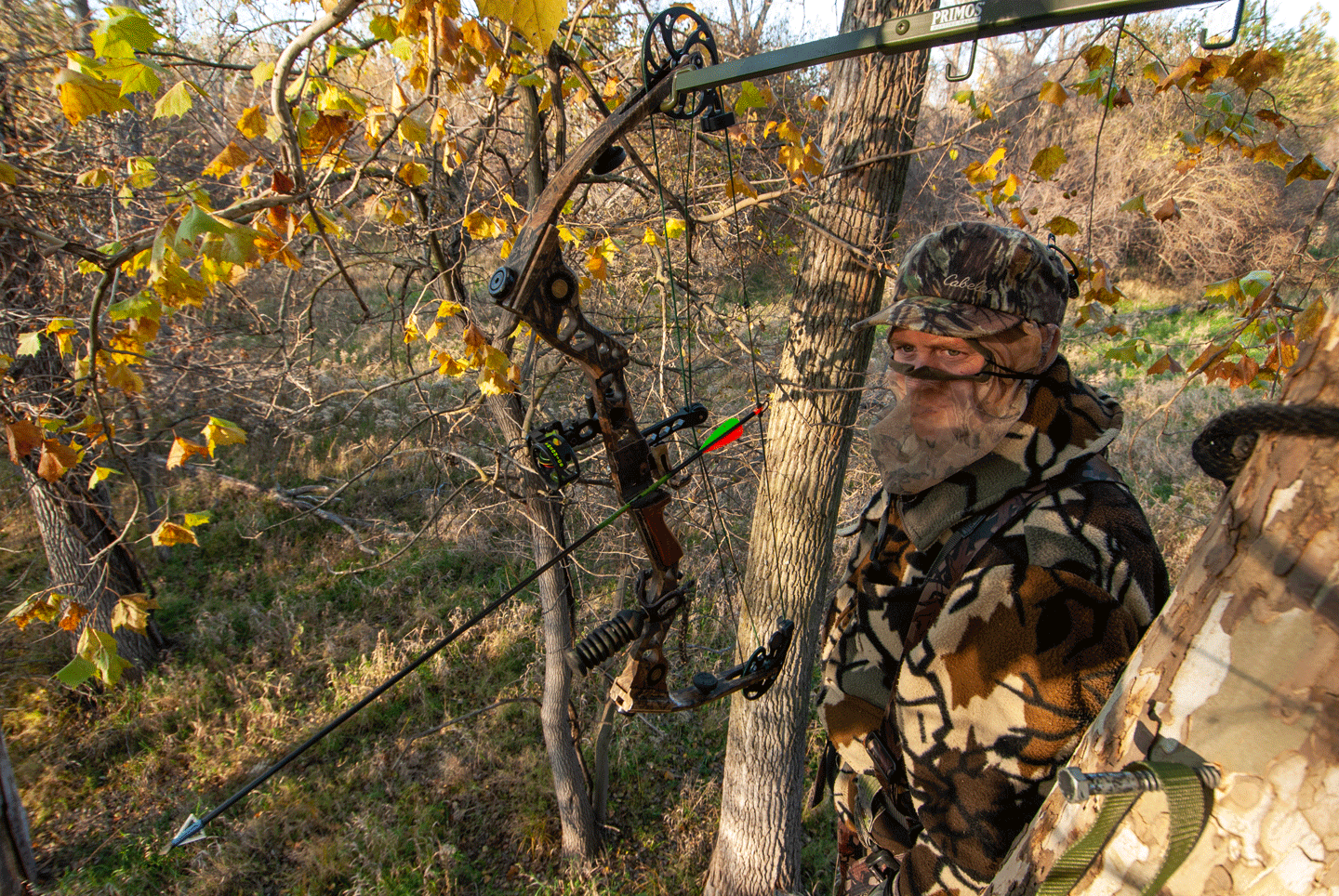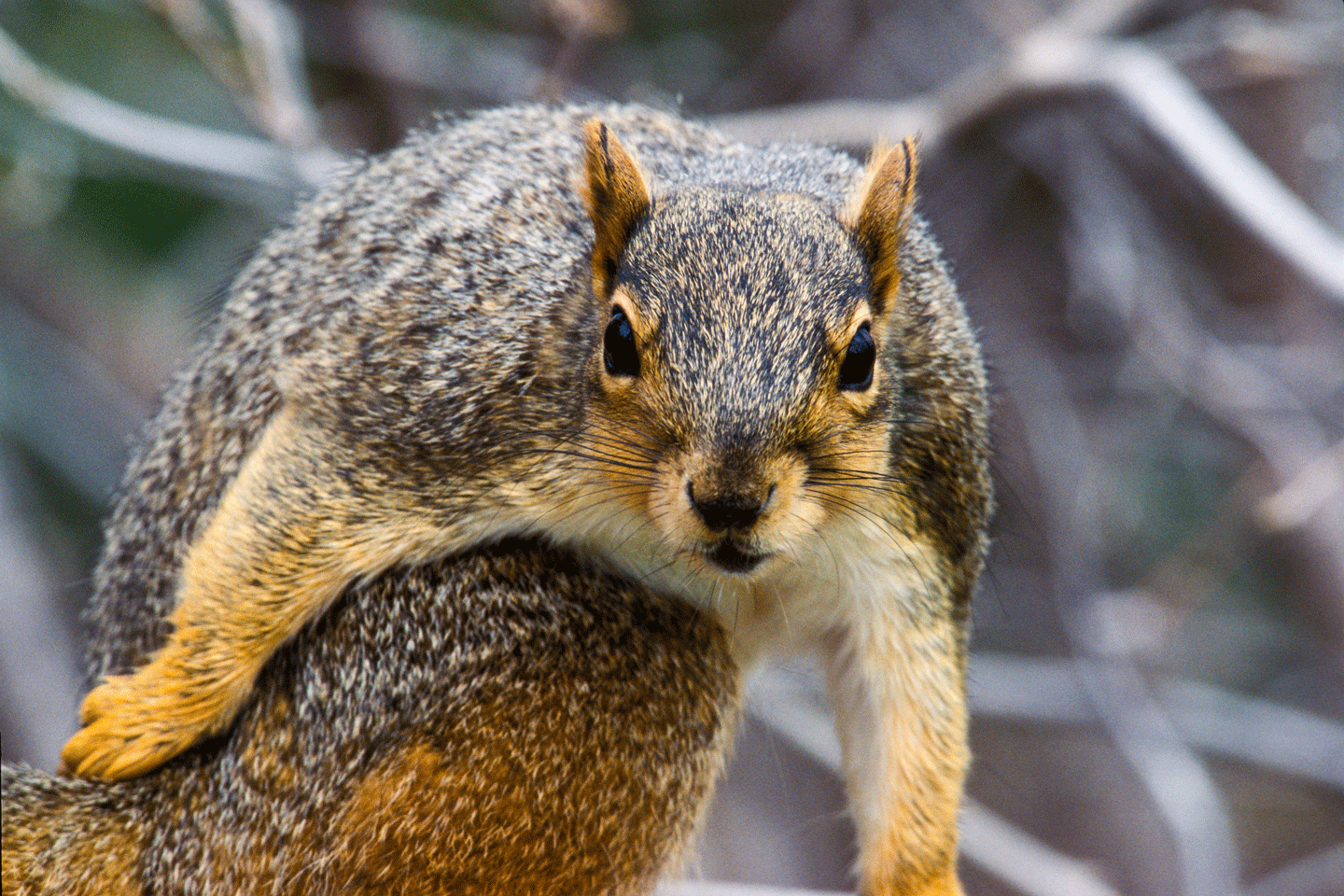
By Greg Wagner
Someone once said: “Deer hunting is a lot about nothing.”
“Nothing,” seriously? In my view, that statement is so far from the truth.
It is the time of year for archery deer hunters and soon, firearm deer hunters, to be on their stands or in their blinds all day long, up to 12 hours… alone.
Doesn’t sound like it’s too difficult to do, does it? Pulling an all-day sit is no easy feat even with your iPhone or Android, but it is. Deer hunting for long periods by yourself demands complete fortitude, conviction and tenacity.
To be on-stand, so to speak, for hours in Nebraska’s ever changing and oftentimes cold, blustery weather in the fall, the solo deer hunter encounters the pulse of time moving slowly, very slowly. In addition, there is only so much time that you can occupy with electronics. The occurrences of seeing deer are often measured in small blocks of seconds with adrenaline flowing instead of minutes. Hours go by sluggishly as a wild environment reveals itself.
Moreover, there are days even during the breeding period called “rut,” when I have sat all day and seen no deer at all. Zero. Zilch. I resorted to watching the antics of fox squirrels and songbirds. Not all bad!

Welcome to deer hunting.
If you are not ready to be solely in your own company for an extended length of time, then you may not be ready to deer hunt. Above all, there are no guarantees or absolutes with hunting. In fact, the animal taken is only one measure of a successful hunt. I tell people all the time if you can’t stand to be alone with yourself for hours on end, then maybe you should consider other forms of hunting that are more action-packed and activity-driven such as upland game bird hunting.
Deer hunting is intensely personal. INTENSELY. PERSONAL.
A good friend of mine, a college history professor at Metropolitan Community College in Omaha, NE and an avid deer hunter, Timothy Shousha of rural Waterloo, NE, comments about deer hunting: “Humans deer hunt to not only learn about wildlife, but to learn about themselves.”
Stopping and sitting or standing quietly, he believes, is a trait that is lost in the modern era.
“We live in a fast-paced world, a quick drive-through type society in America,” said Shousha. “It’s always a good idea to take a break from our rapid lifestyles occasionally. We need to take the time to appreciate what life can bring us.”
To highlight his point, the professor fondly recalled the line spoken by Ferris Bueller in the classic movie Ferris Bueller’s Day Off (1986): “Life moves pretty fast. If you don’t stop and look around once in a while, you could miss it.”
“We even have elected officials,” Shousha continued, “who criticize folks from opposite political parties for not moving swiftly enough to enact legislation. I think that they should spend time on a deer stand.”
I agree. Those folks should spend a few days on the stand for introspection.
Introspection. There’s an interesting word.
It is defined as a process that involves looking inward to examine one’s own thoughts and emotions.
Oh yes, deer hunters are afforded many hours to be introspective and learn a lot about themselves sitting or standing for hours on end especially during the deer rut.
Research even shows that simply taking that short, 10-minute hike to or from your deer stand or blind with light gear stimulates the mind and body and reduces stress levels.
This time for introspection can have a profound impact on one’s life. I know this first-hand.
It was in the deer stand decades ago that I was better able to cope with my dad’s death. He was a passionate deer hunter who died at 58 years of age on Labor Day in 1998. The time spent daily for hours on end without deer moving during that fall’s firearm season in Nebraska helped me to put things in proper perspective. It allowed me to sort things. I realized I still needed to reach out to specific family members for further consolation concerning my father’s passing.
Trust me, deer hunting will allow you to achieve something like this scenario.
It is an example of the true essence of deer hunting.
The deer stand or blind also allows a hunter to refresh and reset their life without interference. It is rather a mental cleansing in nature, if you will. With today’s high-tech, high-speed atmosphere this is more important than ever. If you are concerned about life’s ill wills and running here and there seemingly in a nonstop race, the prescription for worry and frenzy is “alone time” in a deer stand or blind.
Reflecting on relationships, understanding how you can help others, evaluating major decisions in your life, setting work stress aside, focusing on something entirely different than your norms and just relaxing with tranquility of the quiet countryside surrounded by the natural or agricultural world, are examples of gaining introspection while deer hunting.
Professor Shousha emphasized introspection with this quote: “I must be alone with myself to find myself again.”
So true.
You can be certain when I am out in the deer woods this autumn, I will be pouring over the aspects of my own life, particularly how far I have come at 62 years of age, both physically and mentally.
This therapeutic self-assessment will start with planning valuable days in the field to deer hunt. Once on that stand or in that blind I will look back and learn more about who I really am. I will become more self-aware. I will be able comprehend myself more fully and my life will become clearer and more focused. I will find out how I can become a better, more positive person in the deer blind, a cherished vantage point.
Now, if those fox squirrels would just leave me alone…
